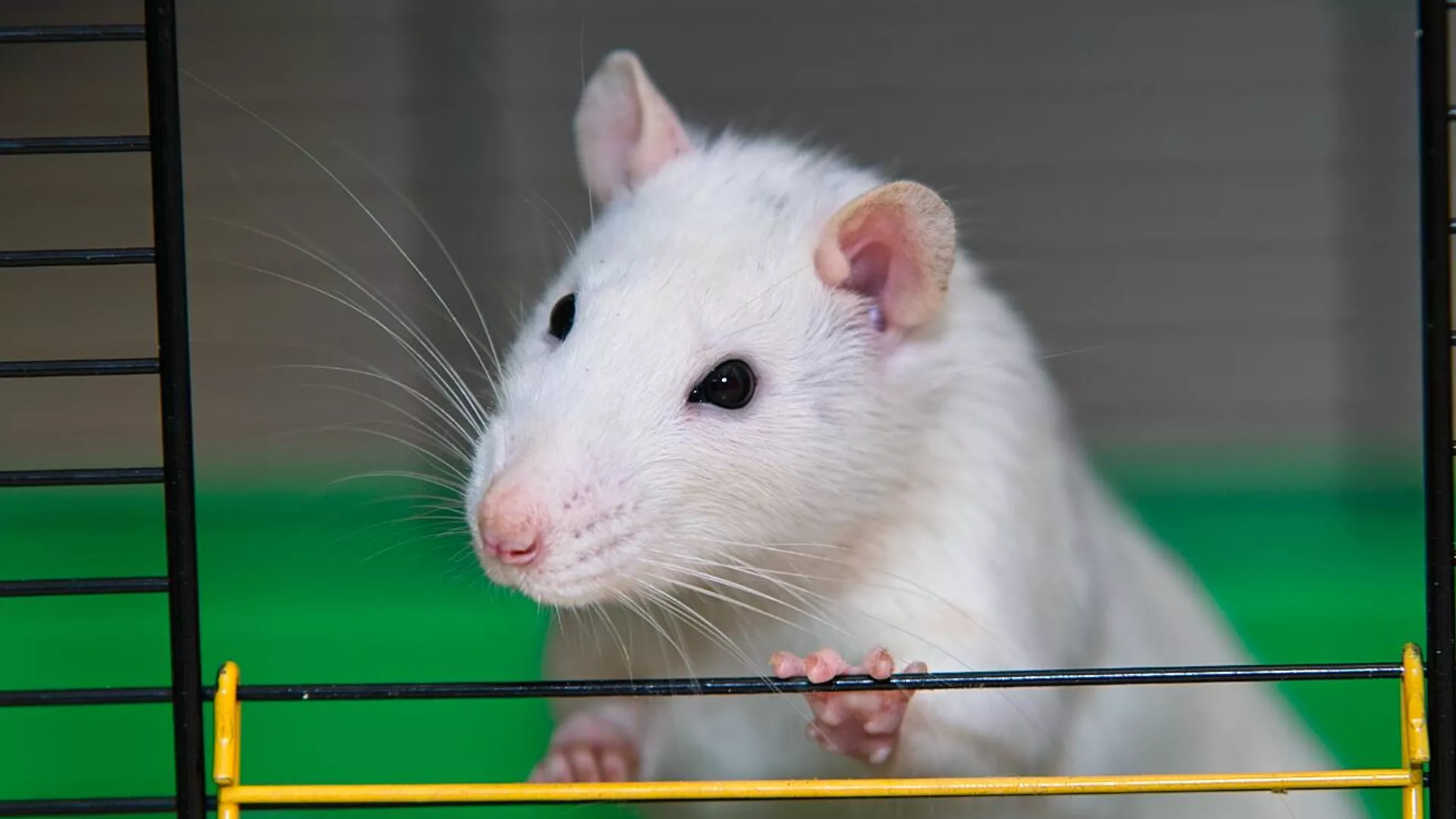THE JERUSALEM POST
Octopuses are among the most intelligent, adaptable, and ingenious creatures on Earth, says researcher.
Professor Tim Coulson, a leading zoologist and biologist at the University of Oxford, suggested that octopuses could evolve into the next civilization-builders if humanity were to become extinct. He believes that octopuses’ intelligence, adaptability, and unique abilities make them strong candidates to fill the ecological niche left by humans.
“Octopuses are among the most intelligent, adaptable, and ingenious creatures on Earth,” Professor Coulson stated in an interview with London-based business publication The European. “Their dexterity, curiosity, ability to communicate with each other, and supreme intelligence could enable them to create complex tools to build an underwater civilization, akin to Atlantis.”
Octopuses possess advanced cognitive functions, including problem-solving abilities, tool use, and the capacity for learning and innovation. They have a complex nervous system and decentralized neural structure, with clusters of neurons controlling each tentacle. This allows them to manipulate objects with great precision.
“Their ability to solve complex problems, manipulate objects, and even camouflage themselves with astonishing precision suggests that, given the right environmental conditions, they could evolve to become a civilization-building species after the extinction of humans,” Coulson said.Advertisement
He explained that while primates have long been considered potential successors to humans, they would face the same challenges and are unlikely to replace humans. “Octopuses are a potentially better candidate for filling an ecological niche in a post-human world,” he said.
While acknowledging that it might take hundreds of thousands or even millions of years for such evolution to occur, Professor Coulson speculated that octopuses could eventually adapt to new environments and even extend their hunting grounds onto land. “With evolutionary advances, it is possible, if not probable, that they might develop ways to breathe outside of water and eventually hunt terrestrial animals like deer, sheep, and other mammals—assuming they have survived the catastrophic event that drove humans extinct.”
“Humans learned to catch fish and to navigate over and underwater, so it is also possible, if not probable, that octopuses might do the same on land,” he added.
Octopuses are highly intelligent creatures known for their versatility and advanced cognition, which includes the ability to camouflage themselves with stunning precision and communicate through flashes of color. They have been recorded splitting coconut shells to hide underneath them, navigating complex mazes, and unscrewing jars.
However, octopuses have a relatively short lifespan, ranging from one to five years, depending on the species. They also live solitary lives and do not care for their young, which might pose challenges for the development of complex societies. “Octopuses are unlikely to adapt to life on land due to their lack of a skeleton, which makes swift and agile movement out of water challenging,” Professor Coulson explained, “but it’s possible for the animals to evolve to do so.”Advertisement
He concluded, “While there’s no way of knowing if my hypothesis will prove true, it can’t be ruled out. The future of life on Earth is shaped by countless variables, and any number of species could rise to prominence.”
Other contenders for becoming the dominant species after humans include apes, elephants, dolphins, parrots, and crows. Some scientists believe ants and cats could also be in the running. However, birds and insects lack several abilities that humans and octopuses have, such as intelligence.
The idea of octopuses rising to dominance has sparked lively discussions among scientists. Despite the challenges, Coulson believes that octopuses’ intelligence and adaptability could allow them to exploit new niches and adapt to a changing planet, especially in the absence of human influence.
“Their advanced cognition, tool use, and ability to adapt to changing environments provide a blueprint for what might emerge as the planet’s next intelligent species after humans,” he said.
In conclusion, although it is not possible to predict future evolution with certainty, octopuses could have a central role in a post-human world. “Would octopuses build vast underwater cities and come onto land wearing breathing apparatus to shoot a deer? We’ve no way of knowing. But we certainly can’t rule it out,” Professor Coulson remarked.

